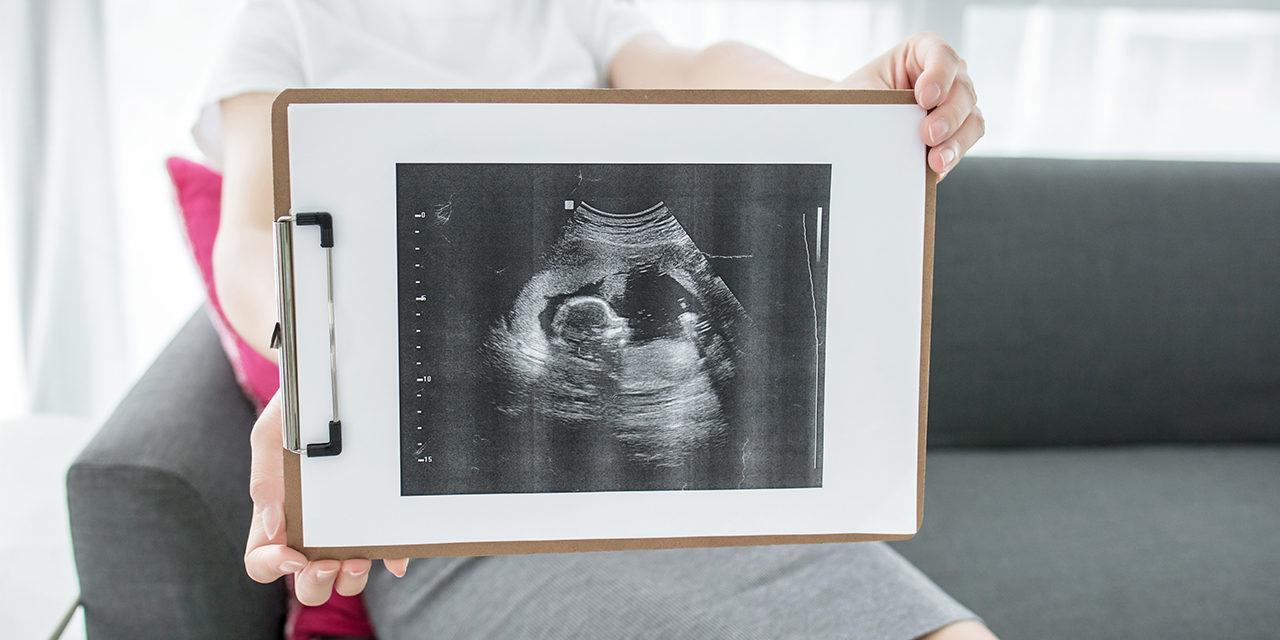On March 9, the governor of Arkansas signed into law a bill that will essentially ban all abortions. The state joins several others in trying to pass legislation that will hopefully challenge the foundations of Roe v. Wade.
Senate Bill 6 was designed to “abolish abortion in Arkansas and protect the lives of unborn children; to protect all human life; and for other purposes.” The bill goes on to state that “it is time for the United States Supreme Court to redress and correct the grave injustice and the crime against humanity which is being perpetuated by its decisions in Roe v. Wade, Doe v. Bolton, and Planned Parenthood v. Casey.” (author’s emphasis)
In order to bolster this argument that there is precedent for the Supreme Court to revisit some of its more controversial or out-of-date decisions, the bill argues that the Supreme Court has “committed grave injustices” before in the Dred Scott decision and the “separate but equal” decision known as Plessy v. Ferguson, “which withdrew legal protection from a class of human beings who were persons under the United States Constitution (African Americans).” But it has reversed some of its decisions, as it did in Brown v. Board of Education, which abolished that “separate but equal” policy and allowed school integration.
Roe v. Wade should receive a similar revision.
According to SB 6, “Under the doctrine of stare decisis, the three (3) abortion cases mentioned in subdivision (a)(l) of this section meet the test for when a case should be overturned by the United States Supreme Court because of significant changes in facts or laws.” It then provides a list of evidence to support this rethinking of Roe.
For those that violate this bill, they can face a prison sentence or a $100,000 fine.
“SB6 is in contradiction of binding precedents of the U.S. Supreme Court, but it is the intent of the legislation to set the stage for the Supreme Court overturning current case law,” Arkansas Governor Asa Hutchinson said in a statement. “I would have preferred the legislation to include the exceptions for rape and incest, which has been my consistent view, and such exceptions would increase the chances for a review by the U.S. Supreme Court.”
There’s no doubt that Roe v. Wade is considered one of the most controversial court decisions of the last 50 years. Others have even called the decision “the preeminent symbol of judicial overreaching.”
David Garrow, an abortion supporter and democratic socialist, has argued that Roe “handed abortion rights advocates a vastly more far-reaching victory that they ever could have attained through the legislative and political process.”
Even staunch abortion supporter Ruth Bader Ginsburg had her concerns about the decision.
Law professor Mary Hartnett recalled that Justice Ginsburg, “‘believed it would have been better to approach it under the equal protection clause’ because it would have made Roe v. Wade less vulnerable to attacks in the years after it was decided.”
The crux of the Roe v. Wade argument is that abortion restrictions infringed on a woman’s right to privacy, a phrase that is not contained within the Constitution.
As New York Times columnist David Brooks explained, “The fact is, the entire country is trapped. Harry Blackmun and his colleagues suppressed that democratic abortion debate the nation needs to have. The poisons have been building ever since. You can complain about the incivility of politics, but you can’t stop the escalation of conflict in the middle. You have to kill it at the root. Unless Roe v. Wade is overturned, politics will never get better.”
Roe v. Wade should be challenged, and that’s what this law in Arkansas aims to do. The issue of abortion is by no means settled, and the situation, as Brooks points out, has become rather toxic.
One of the best ways to address this is to bring the issue of abortion back to the people.
Photo from Shutterstock






